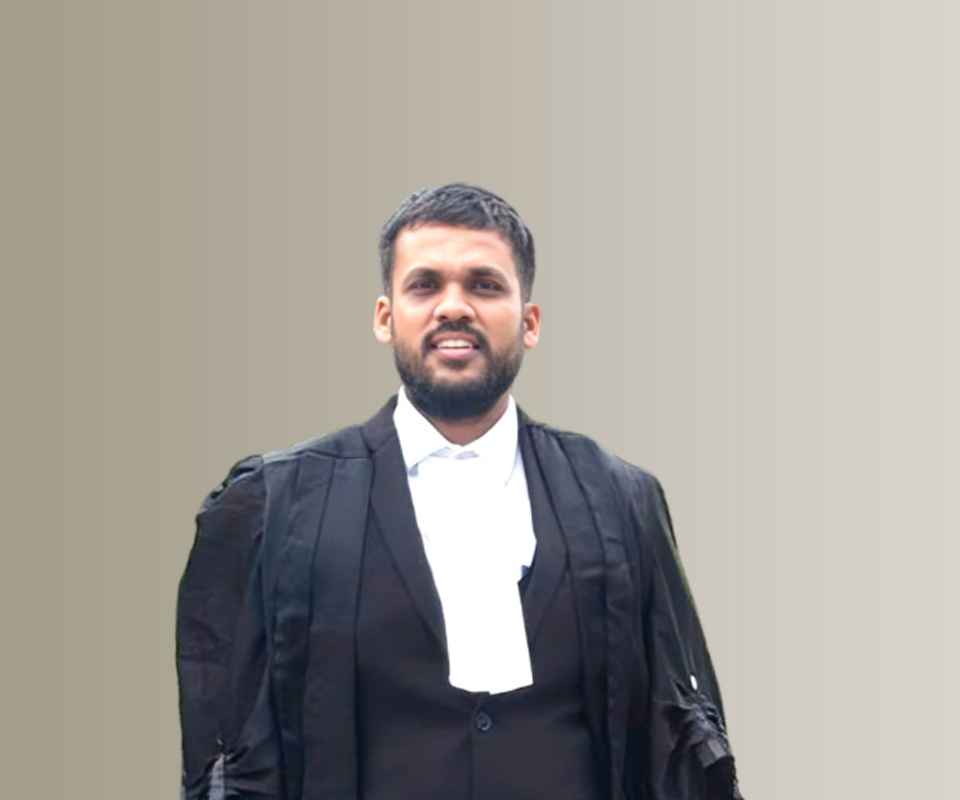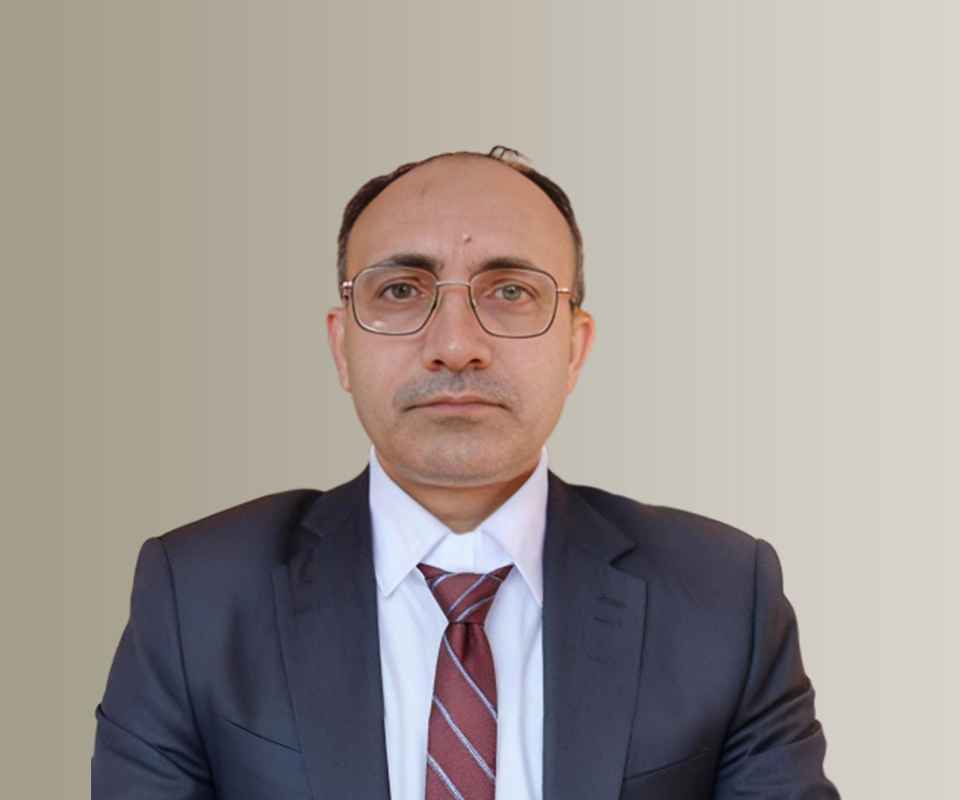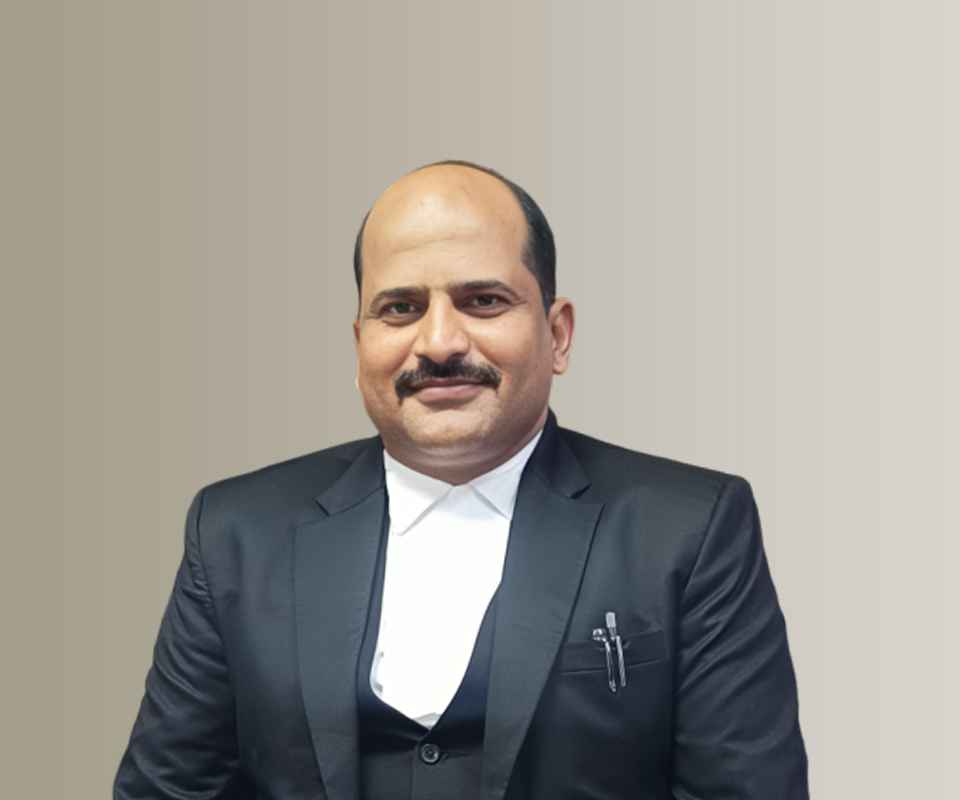Answer By law4u team
Elderly individuals living alone are often vulnerable to physical and emotional abuse, neglect, and financial exploitation. Without family support, they may face difficulties in managing their health, finances, and day-to-day needs. In recognition of these challenges, the legal system in India has developed various protections for senior citizens living alone. These protections are designed to ensure their safety, security, and dignity. Legal frameworks such as the Maintenance and Welfare of Parents and Senior Citizens Act provide specific provisions for those who do not have immediate family members to care for them.
Legal Protections for Elderly Individuals Living Alone
Maintenance and Welfare of Parents and Senior Citizens Act, 2007
This Act is one of the most significant legal tools aimed at protecting senior citizens, especially those living alone. It provides comprehensive provisions for the maintenance, welfare, and protection of elderly individuals.
How It Helps:
- Senior citizens who live alone can claim maintenance from their children or relatives under this Act. If their family fails to provide for their needs, the law allows them to approach the tribunal for financial support.
- The Act also allows elderly individuals to seek protection from abuse and neglect. If family members or caregivers are mistreating them, they can seek immediate intervention from the authorities.
- It enables senior citizens to claim protection orders, ensuring that they are not exposed to any harm, violence, or mistreatment.
Protection from Domestic Violence Act, 2005
While this Act is designed primarily to protect women from domestic violence, it is applicable to elderly women living alone, as they are often vulnerable to emotional, physical, or financial abuse.
How It Helps:
- Senior women living alone can file a complaint under this Act if they are experiencing abuse or violence.
- The law allows for protection orders, residence orders, and monetary relief, ensuring that the elderly are protected from harm and can seek a safe living environment.
- Police intervention is a key component of this Act, enabling immediate protection for elderly individuals facing abuse from their family members or other individuals.
The Indian Penal Code (IPC) – Protection Against Physical and Financial Abuse
Senior citizens living alone can take advantage of various sections of the Indian Penal Code (IPC) to protect themselves from abuse, violence, or financial exploitation.
How It Helps:
- Section 498A of the IPC deals with cruelty and harassment by a husband or family members. Though typically applied in domestic situations, this section can be used by elderly women who face harassment or physical abuse from family members or others living in the household.
- Section 323 addresses physical assault or hurt. If a senior citizen is physically harmed, this section can be invoked.
- Section 420 protects against cheating and financial exploitation, ensuring that elderly individuals living alone are safeguarded from fraudulent schemes, scams, and exploitation by others.
Senior Citizen Helplines and Welfare Schemes
Various state governments have set up helplines and welfare schemes specifically for senior citizens, ensuring that they have a means of seeking help in case of emergencies.
How It Helps:
- National Helpline for Senior Citizens (1800-125-2500): A toll-free number established to assist senior citizens in distress. This helpline provides access to legal aid, protection, and mental health support.
- State-Wise Helplines: Many states have their own helplines and services designed to assist senior citizens living alone. These helplines provide guidance on abuse prevention, legal assistance, and emergency support.
Police Protection and Domestic Help
Senior citizens living alone often need additional protection from abuse or physical harm. In such cases, the police can intervene under various legal provisions, offering immediate protection.
How It Helps:
- Senior citizens can approach local police stations or helplines to report abuse, neglect, or harassment. The police can provide immediate protection through intervention or even temporary accommodation if needed.
- Police patrols are also encouraged in certain areas with a high population of elderly individuals, ensuring their safety and security.
Elder Abuse Prevention Programs by NGOs and Social Welfare Organizations
Many NGOs and social welfare organizations work to protect elderly individuals living alone from abuse, neglect, and financial exploitation. These organizations offer legal support, medical care, and even safe shelter for abused seniors.
How It Helps:
- Elderly-focused NGOs provide emergency shelter for abused seniors, offer legal representation, and work with the police to ensure that seniors living alone are not mistreated.
- Some NGOs also run awareness programs to educate the elderly about their legal rights, so they can seek help if necessary.
Social Security and Pension Schemes
Senior citizens living alone are often financially vulnerable, and to address this, the government has implemented social security and pension schemes that offer regular financial support.
How It Helps:
- The National Social Assistance Programme (NSAP) offers a pension for elderly individuals living alone who are financially disadvantaged.
- State and central government pension schemes ensure that elderly individuals have access to a regular source of income, reducing the likelihood of financial exploitation or dependency on others.
Example:
Mr. Rao, a 75-year-old man, lives alone in a small town. His children live far away, and he has been facing financial exploitation by a neighbor, who has been pressuring him to sell his house at a very low price. Mr. Rao, unable to manage the situation, turns to the local senior citizens helpline.
Upon receiving the complaint, the helpline refers Mr. Rao to the local police and also connects him to a legal aid service.
The police intervene and issue a protection order, ensuring that the neighbor cannot harass Mr. Rao anymore.
Mr. Rao also files a case under Section 420 of the IPC for fraudulent practices and financial exploitation.
With the help of an NGO, Mr. Rao is educated about his legal rights, and a pension scheme is activated to ensure his financial stability.
Conclusion:
Elderly individuals living alone are provided with multiple legal protections to ensure their well-being and security. Laws like the Maintenance and Welfare of Parents and Senior Citizens Act and Protection from Domestic Violence Act empower them to seek maintenance, safety, and protection from abuse or neglect. Additionally, social security schemes, helplines, and police protection further safeguard their rights, ensuring that they are not left vulnerable.







